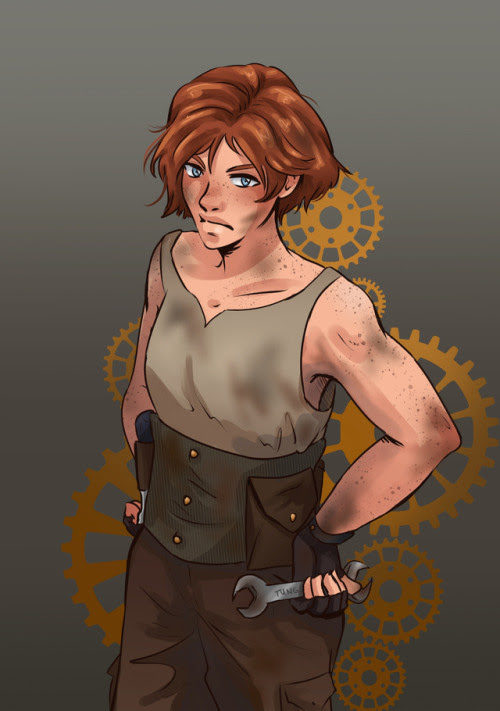

"Eating was the best thing about Singapore.

"As an archaeologist, you have to be prepared to eat or drink anything."Īmong other things, her time in Singapore has converted her into a diehard kaya fan. "I'm a super experimental eater," she says with a laugh the guinea pigs are a Peruvian delicacy. She has achieved all of these except, surprisingly, travelling to Egypt. The others are sleeping in Pompeii, owning a motorcycle, travelling to Egypt and eating guinea pig. She is now working on the final volume of the Custard Protocol, which will be out next year.Īlthough she misses archaeology, becoming a writer has always been one of her five life goals. Rue and her crew travel to Peru on a mission to investigate an endangered breed of vampire.

I'm the kind of person who names her toaster."Ĭompetence gave her the chance to return to a familiar locale: the Peruvian highlands, where she has spent time on digs and which she considers to be one of her favourite places. "I have a very intimate relationship with objects. She specialised in material analysis and is fascinated by things. Her training has been a boon when it comes to creating technologies for her historical fantasies, she says. Her other works include the critically acclaimed Parasol Protectorate series, featuring Rue's soulless mother Alexia Tarabotti, and the Finishing School quartet, about an airborne school that trains young ladies of quality to be spies and assassins.Ĭarriger, whose real name is Tofa Borregaard and who lives in California with her partner and cat, was a full-time archaeologist until a decade ago, when she traded in digging and dating artefacts for fantasy fiction. "I recognise (colonialism) is always going to be a problem in my writing and I give it my best shot." "My characters end up leaving the Victorian empire and its ideals behind and marrying, collecting and adopting people of other cultures, ethnicities and sexual orientations," she adds. "I always have a 'found family' policy in all my books," she adds. Rue has the ability to temporarily steal the powers of supernatural beings through touch, which Carriger sees as a commentary on the Victorian notion of "going native", or taking on the outlook of the locals while living in a colonised region. As a steampunk writer who loves Victoriana, she has to grapple with depicting the problematic aspects of British colonial history.


 0 kommentar(er)
0 kommentar(er)
